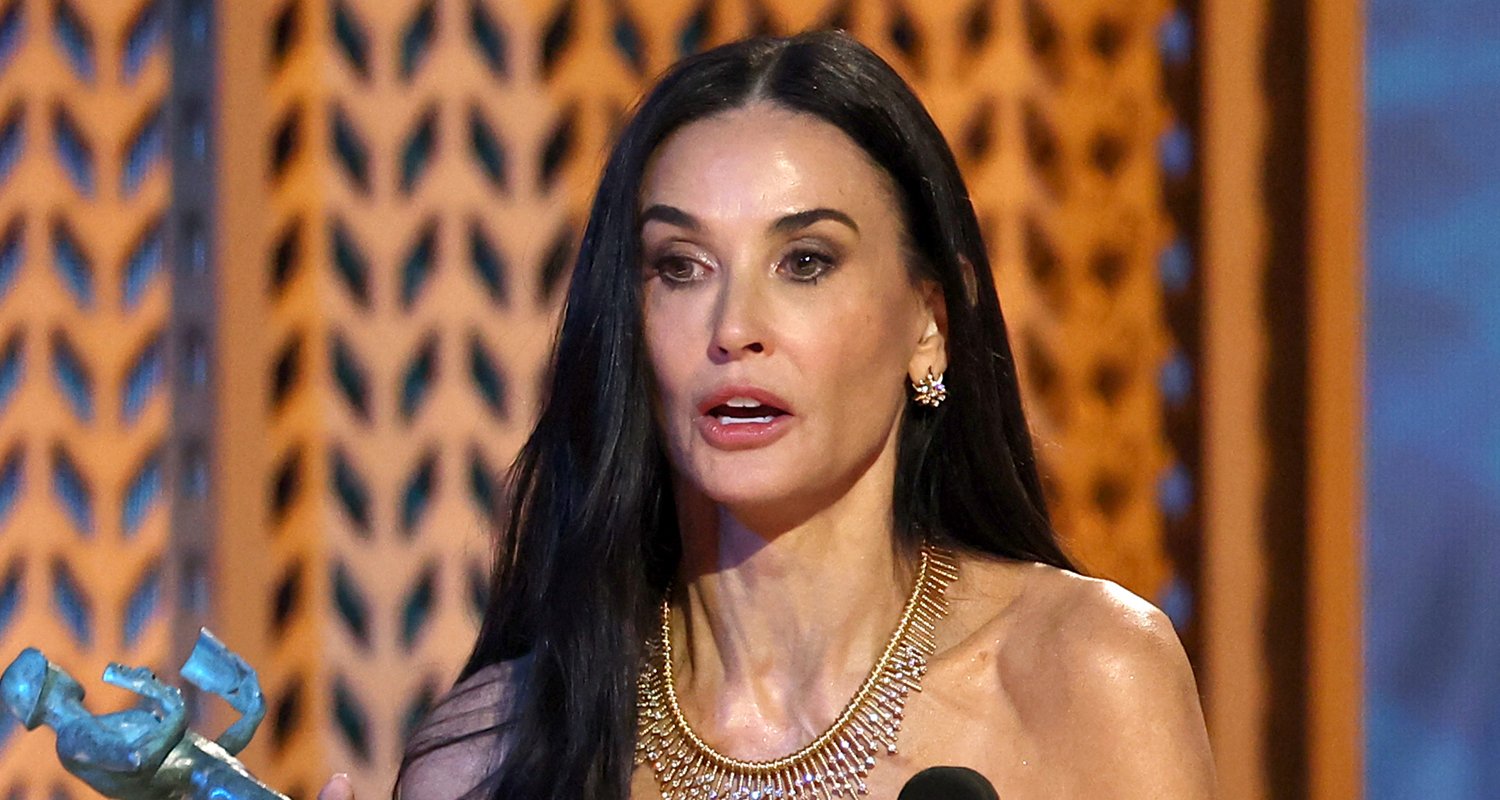ARTICLE AD
Gay cinema has certainly turned a corner lately, in the wake of films as varied as Cassandro, Rustin and All of Us Strangers, stories in which the leader character’s sexuality might form a crucial part of the tapestry of the drama but isn’t the be-all and end-all. Leading the vanguard for the next generation is this confident debut from 33-year-old British-Iraqi director Amrou Al-Kadhi, a frank and emotionally honest portrait of someone who falls outside society’s boxes and steadfastly refuses to conform to them. This emphasis on the positive is sometimes counter-intuitive (more on that later), but, thanks to its core cast, Layla is an engaging study of love in the pronoun era.
Layla (Bilal Hasna) is a non-binary drag queen/performance artist who lives in London, in a house they share with a bunch of like-minded queens, a sharp, ragtag bunch more prone to discussing the merits of The Human Centipede or Saw 5 than the latest Kylie. Layla’s makeup is perfect but their life is in chaos; in an early scene, a Grinder pick-up spots Layla’s discarded nail extensions and immediately loses interest. Like Quentin Crisp before him, Layla has a romantic yearning for the Great Dark Man — and a similar fear that he doesn’t exist. Layla feels that most gay men think of them as too effeminate and, worse, that the straight(ish) men who fall for their drag persona are just kidding themselves. “They only ever want the old-fashioned fantasy,” he says, “not the reality.”
Unexpectedly, while doing a performance for a fast-food company called Fork Me! (a detail so leftfield it has to be based on experience), Layla flips out and goes postal with a box of ready meals. This catches the eye of Max (Louis Greatorex), a young yuppie type who works for some kind of advertising agency (do they still call them that?), but Layla isn’t feeling too proud (“That was a satanic abomination, wasn’t it?”). There’s a spark nevertheless, and Layla is surprised when Max takes up their invitation to a nightclub that’s hosting an alien-themed party. Unusually, Max takes Layla at face value in all their guises, and Max finds a new home at Feathers, a gay club facing closure in East London.
Community, or rather family, is a big theme in Al-Kadhi’s story (“Feathers is basically like an orphanage for us,” says Layla), and it becomes more pronounced when we see more of Layla’s background. Returning home for a wedding, Layla’s puts on traditional Afghan attire and presents as male to his unwitting mother, who hopelessly tries to set him up with a good Muslim girl. Luckily, the girl she chooses is another rebel; she has a secret (white) boyfriend, so she and Layla smoke weed instead, while pretending to be “getting to know each other”. The polite, suburban setting is an interesting counterpoint to Layla’s largely urban, nocturnal existence, and there’s a lot of irony too, as men in skirts dance like dervishes, much like the clientele at Feathers. Layla, though, keeps their London identity hidden, even from his sister who has just recently moved there.
This culture clash, however, is not what Layla is about, and the film quickly gets back to the business of whether Layla and Max are meant to be together, contrasting Layla’s jumble of an apartment with Max’s sterile city pad. Some viewers may struggle with that tension, since Max seems quite a catch, handsome and supportive of all Layla’s iterations, even taking a lubricated high heel quite literally in his stride. Layla, however, wants to be seen in their in-between state, which, admittedly, is quite an ask for anyone; indeed, the film’s big crisis scene involves Layla putting on a plaid shirt to meet Max’s father for a family dinner at Max’s place and “feeling like I’m at a funeral for myself”.
What borders on self-pity never quite tips over thanks to a winning performance by Bilal Hasna, who keeps Layla grounded on their voyage of self-discovery and holds our sympathies, just about, even at his most petulant. Part of the credit for that must also go to Al-Kadhi for creating a world where someone like Layla can flourish, an underground wonderland that only comes out at night, beneath what Iggy Pop once called the city’s ripped-back skies. Much of the film’s melancholy comes from the impending closure of Feathers (gentrification being the scourge of London’s LGBTQI+ scene), and that sense of doom mirrors Layla’s on-off relationship with Max. Layla, however, is clearly made of sterner stuff, and, when we leave them, in a refreshing rebuttal of gay stories that end in tragedy, it’s clear they won’t be going down with that, or any other ship, any time soon.
Title: Layla
Section: Sundance (World Dramatic)
Sales agents: Independent Entertainment (International), WME (US)
Director/screenwriter: Amrou Al-Kadhi
Cast: Bilal Hasna, Louis Greatorex, Safiyya Ingar
Running time: 1 hr 39 min

.png) 1 year ago
76
1 year ago
76 

